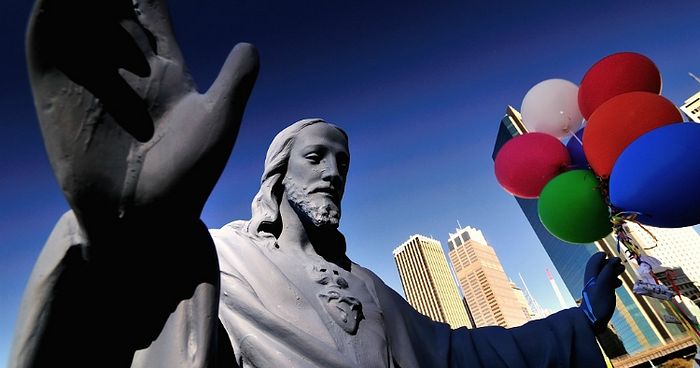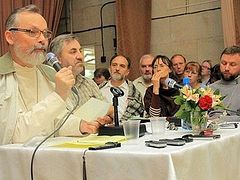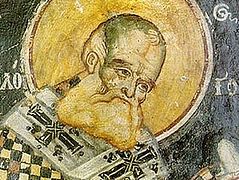Soruce: Theology That Sticks
February 4, 2016
Gospel music phenom Kirk Franklin says that he wants faith without dogma. “I feel that the pursuit of trying to know who God is, and trying to be known by God, can be lost in religion,” he told NPR in a recent interview.
Franklin sees religion as “man’s attempt to try to put a definition on something that is very hard to define.” It “can create so much of a dogma . . . that people don’t want to know God. They see God as someone with the big belt, that’s gonna whoop you every time you do wrong.”
I get where he’s coming from, and there’s truth in what he says. But promoting faith without dogma is like running a ranch to breed unicorns. Sounds wonderful. It’s just not as tenable as one would hope.
Religion vs. relationship
Franklin’s answer to negative images of God is to replace religion with relationship. “I don’t see people that have fallen in love with God through religion,” he says. “I’ve seen people fall in love with God . . . through a relationship.”
People commonly pit one against the other, but the religion-vs.-relationship dichotomy doesn’t hold up. Think of any other relationship. There are truths about the people involved that would distort or even negate the relationship if you got them wrong.
Some statements are accurate about, say, my wife. Others aren’t. She’s defined by certain aspects of personality, history, and so on. These particulars signify who she is to me and others. Do I actually have a relationship if I can’t keep them straight? She wouldn’t think so.
Dogma is simply a way of speaking accurately about God and the most essential elements of our relationship with him. No dogma, no relationship. Why? No matter how thoroughly or exhaustively we might be able to state them, our notions about God can be more accurate or less. They can describe him well or poorly or not at all.
What if I persist in relating to my spouse by way of traits she doesn’t actually possess? She might put up with me, but our relationship is a farce. And once we discard dogma, things can get farcical indeed.
Jesus as modeling clay
“The Gospel According to Jesus, Queen of Heaven” is a play that reimagines Christ as transgendered. The justification? Christians have treated transgendered people terribly over the years.
I have no trouble stipulating that, and it’s lamentable. But it’s also not the real issue. The hangup is relating to Jesus by way of traits he doesn’t possess. “I hope [Jesus] would like it,” writer and actor Jo Clifford says about the play, “he and she—because I’m sure he was a he and a she.”
Well, no. Jesus was not “a he and a she.” Whatever we think of the fact, Jesus was a man—not modeling clay to refashion as we desire.
Franklin doesn’t want dogma. But a faith that promotes relationship without religion—without doctrinal definitions—has no answer to trans Jesus or any other of a million permutations of personal desire, individual quirk, and self-indulgence. It’s a dead end.
Dogma is the answer, not the problem
The alternative to bad dogma isn’t going without. That’s a solution that misidentifies the problem. Franklin is worried about God with a belt. Clifford is worried about bullying and cruelty. Better dogma answers both.
When we demonize religion and hold up relationship as the answer, we forget that there are plenty of terrible relationships. Good dogma provides ground to build a good relationship. A deep and enriching relationship with my wife comes from knowing her as she is, not imagining her according to my fancy.
Religion makes a meaningful relationship with God possible. The more we relate to God in ways that reflect the truth of him the further our relationship with him can go. It’s there that we find he is love. It’s there we also find love we can extend to others, including those with whom we disagree.




